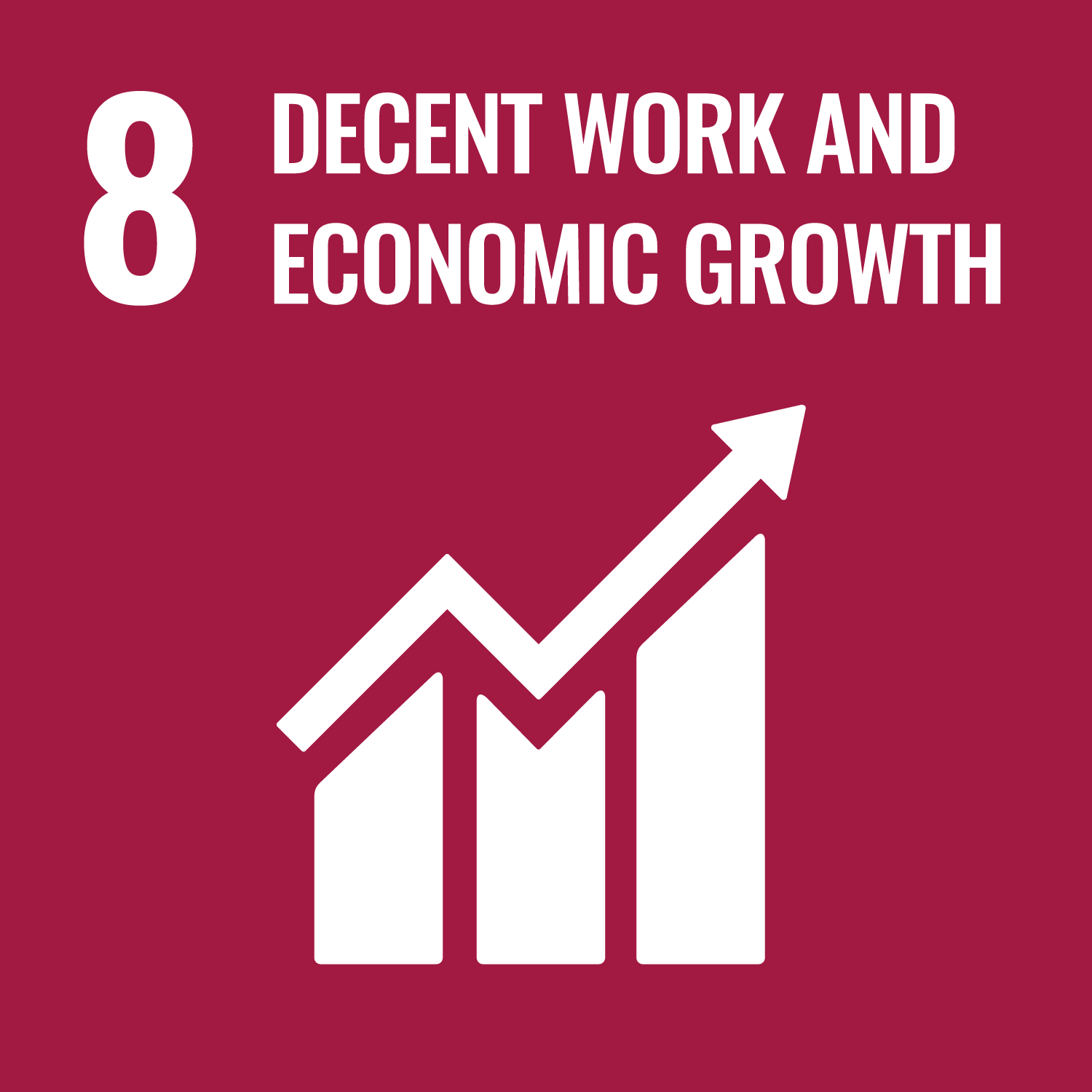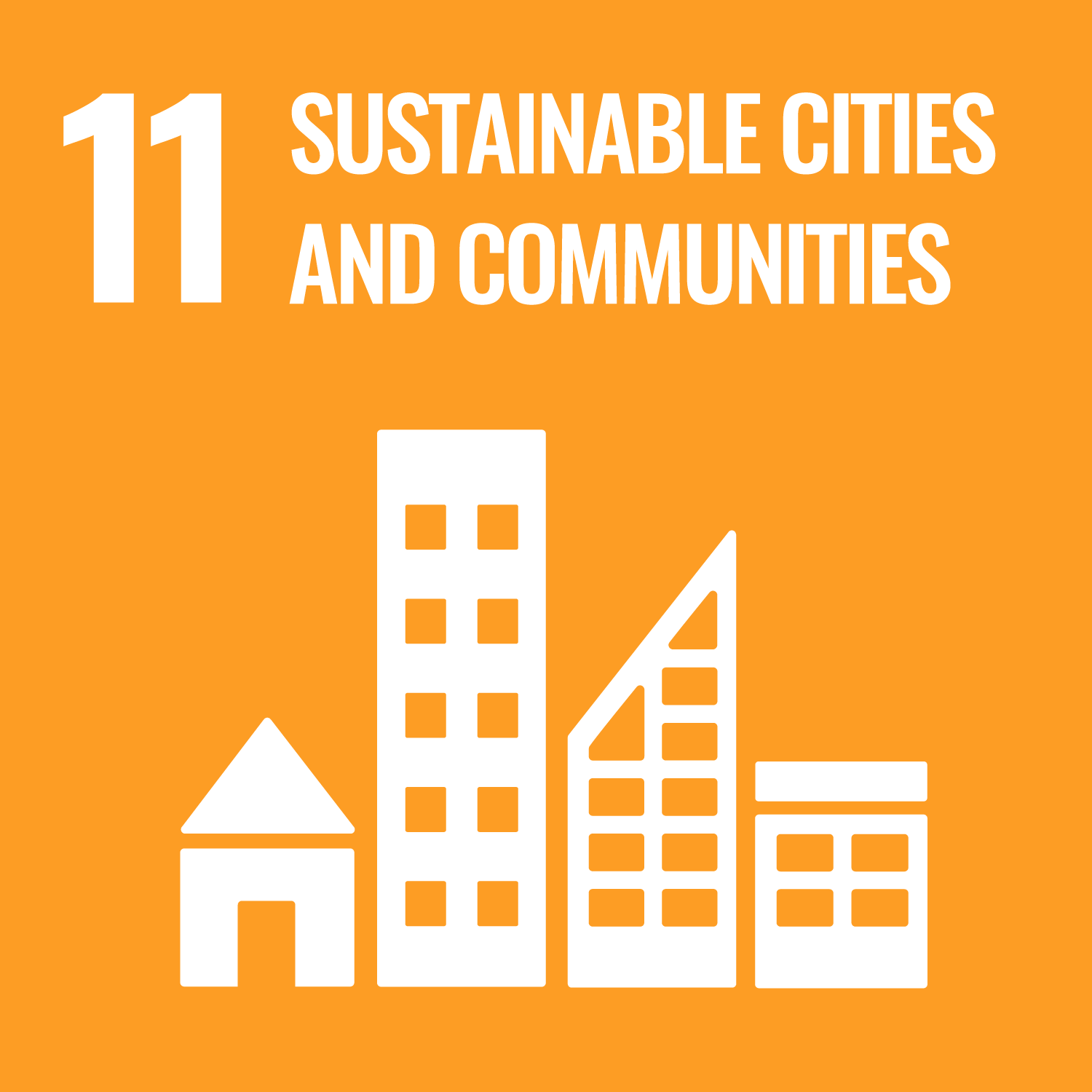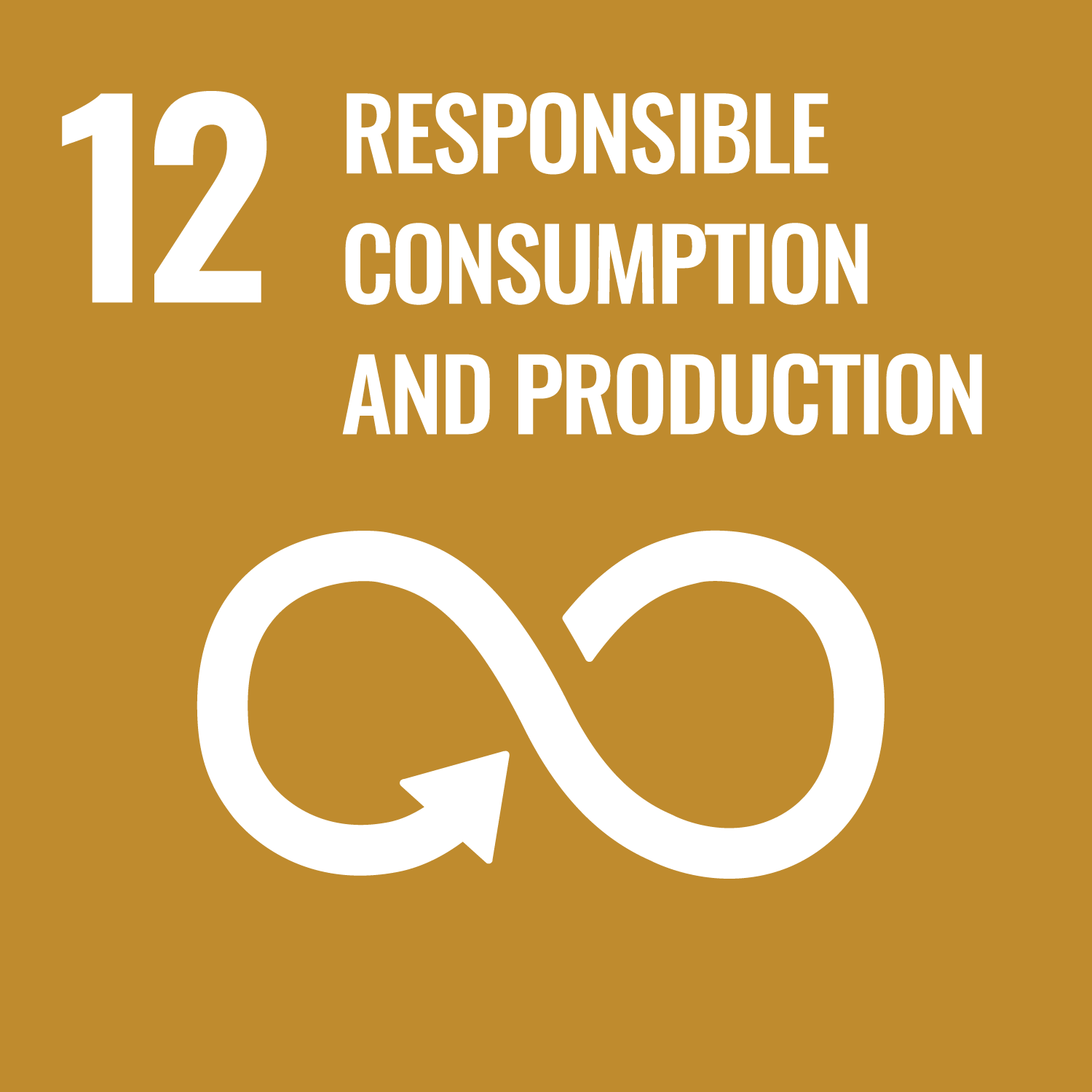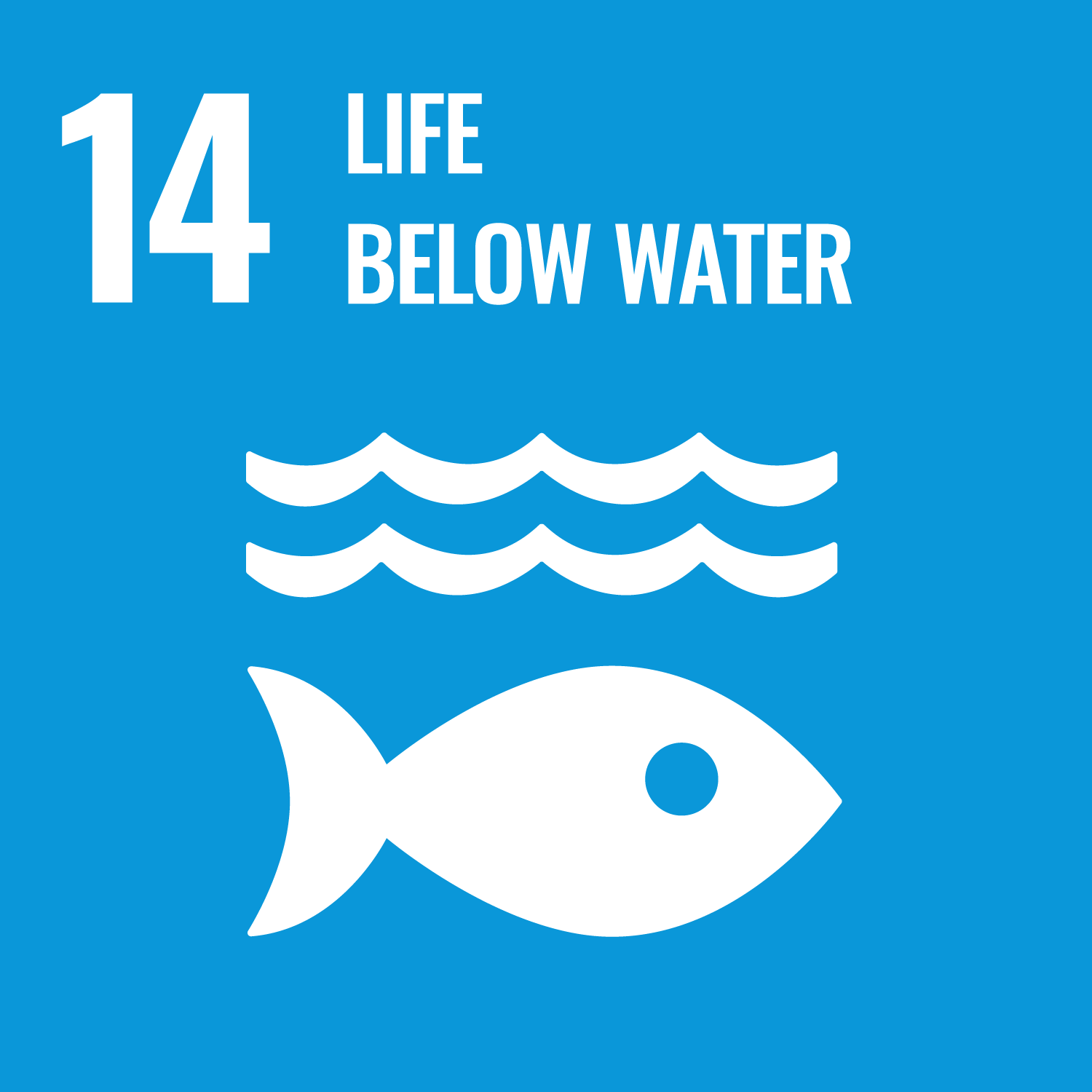Rethinking Plastics – Circular Economy Solution to Marine Litter
Objectives
Plastic waste in the oceans is reduced through promoting a circular economy for plastics in East and South-East Asia.
Description
The ‘Rethinking Plastics – Circular Economy Solutions to Marine Litter’ project supports a transition towards a circular economy for plastics in seven countries in East and South East Asia with the objective to reduce plastic waste leakage into the sea. In a circular economy, resources are used and managed in a more efficient and sustainable manner through the principles of reduce, reuse and recycle. The project works, amongst others, in the areas of plastic waste management, sustainable consumption and production of plastics as well as the reduction of litter from sea-based sources. With these efforts, the project contributes to strengthening the cooperation between the EU and the partner countries China, Indonesia, Japan, the Philippines, Singapore, Thailand and Vietnam in the areas of circular economy, plastic waste management and marine litter reduction. It is funded by the European Union and the German Federal Ministry for Economic Cooperation and Development (BMZ) and is implemented by the Deutsche Gesellschaft für Internationale Zusammenarbeit (GIZ) GmbH and Expertise France.
More information: https://beatplasticpollution.eu/rethinking-plastics/
Approach/Field of intervention
The project provides support and advice to its political partners and implements activities in the following areas:
- Circular Economy solutions to reduce marine plastic litter
- Management of plastic waste along the waste hierarchy, including extended producer responsibility and deposit return schemes for packaging and plastic products;
- Sustainable consumption and production of plastic, for example, design for reuse and recyclability, as well as alternatives to plastics;
- Reduction of litter from sea-based sources, for example, through port reception facilities for waste from ships and fishing-for-litter schemes.
- In addition, the project supports awareness raising about sustainable consumption and production of plastic and enhances policy dialogues between the EU, regional organisations and partner countries concerning plastic production and management.
- In Japan and Singapore, the project focuses on policy dialogue and exchanging about Circular Economy and green procurement policies, processes and cooperation.
Highlight activities /Achievements
- More than 20 pilot projects in China, Indonesia, the Philippines, Thailand and Vietnam test new approaches or the upscaling of best practices for plastic waste management, sustainable consumption and production of plastic or litter reduction from sea-based sources.
- The project supports dialogue and policy development and cooperates with various partners on identifying good practices and finding new solutions.
- Knowledge exchange is fostered, for example, through workshops and conferences, webinars and communication campaigns.
- In 2020, the project organised three regional webinars on Extended Producer Responsibility (EPR), ‘Reducing Single-Use Plastics in Food Delivery and Take Away’ and on ‘Plastic Waste Recycling Standards’ with 600 live participants.
- A photo contest and a marine litter quiz for students have already been held with more than 25,000 Chinese students testing their knowledge in the quiz.
Publications/Knowledge Products
Success stories
Wala Usik is a Filipino phrase which means Nothing is Wasted. The pilot project with the same name, implemented in the Philippines by PRRCFI under the ‘Rethinking Plastics’ project, works for example with innovative Micro, Small and Medium Enterprises (MSME) to reduce plastic waste. In early 2021, interested MSME from food stalls and restaurants, cafes, eateries and sari sari stores in the cities of Bacolod and Talisay could apply to work with Wala Usik interventions to reduce single-use plastic packaging. Out of 113 MSME applications, 11 promising partners were selected, among them Thirdwave Restaurant, which now applies central refilling, a bottle exchange and native packaging.
“As a business owner, I do realize everyday that having a business we accumulate a large amount of plastic that we dispose of every single day. Imagine for a single business we can produce 10kg of trash in a day, multiply that to 30 days, that’s 300kg of waste in a month. Wala Usik Economy is a good project because through this, in my own little way I know I can contribute to save our environment”.
– Laverne Traifalgar, Restaurant Owner, Thirdwave Restaurant
Every year, more than eight million tonnes of plastic waste ends up in the oceans – among them plastic bags. A pilot in the Indonesian city of Bandung supported by the ‘Rethinking Plastics’ project, aims to reduce the use of plastic bags in retail outlets, including traditional markets. The project has already achieved some initial success: in the first four months, hundreds of market stands were involved in surveys on the baseline situation and some of their customers have already been convinced to take reusable bags. In addition, a debate was held on alternative solutions to single-use plastic bags with market traders and suppliers of alternative packaging. After all, if the project is to be successful, it is vital to involve the population and to cooperate with local partners in order to create awareness about avoiding waste.
‘Our efforts to encourage local governments and economic actors to reduce the use of plastic bags and other single-use plastics are designed to protect the environment against plastic pollution. This is a specific measure to realise regional waste reduction goals – 30 per cent by 2025 – and of course to support the United Nations Sustainable Development Goals’, explains Rayhang Nusantara, national coordinator of Gerakan Indonesia Diet Kantong Plastik (GIDKP), the Indonesian movement to reduce plastic bags, which is cooperating with GIZ to implement the measure on the ground.
COUNTRY
China , Indonesia , Japan , Philippines , Singapore , Thailand , Viet Nam
DURATION
01 July 2016 - 31 December 2022










